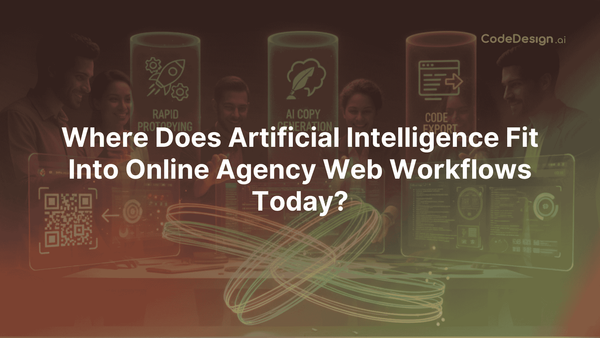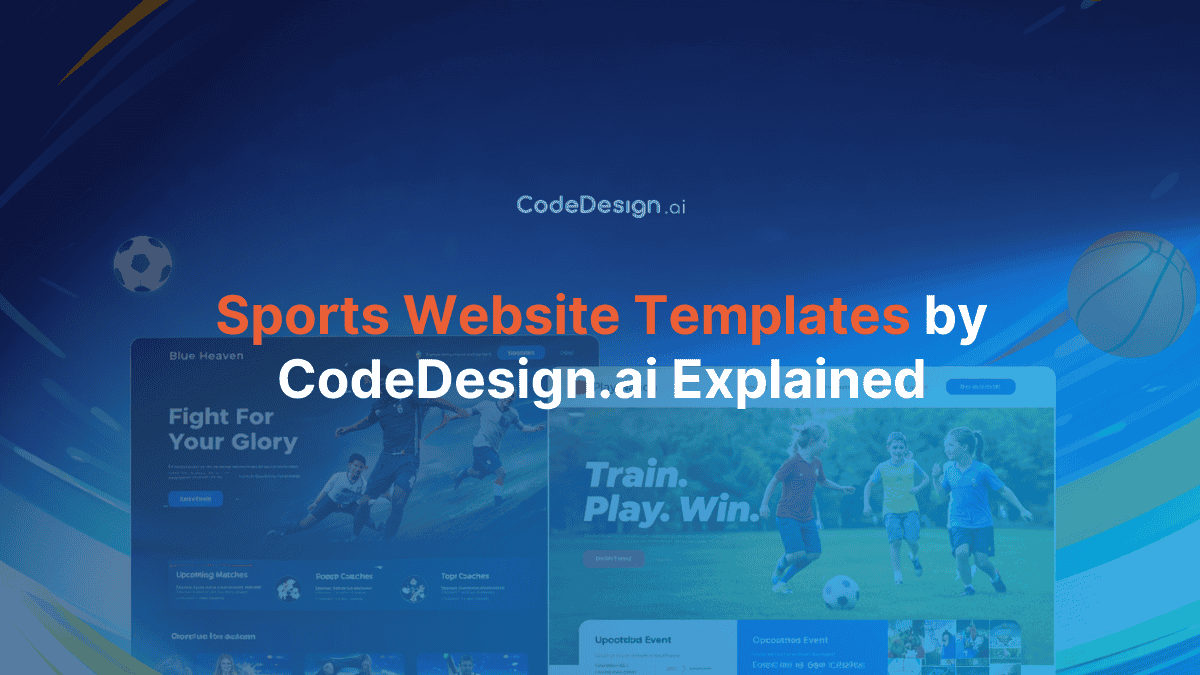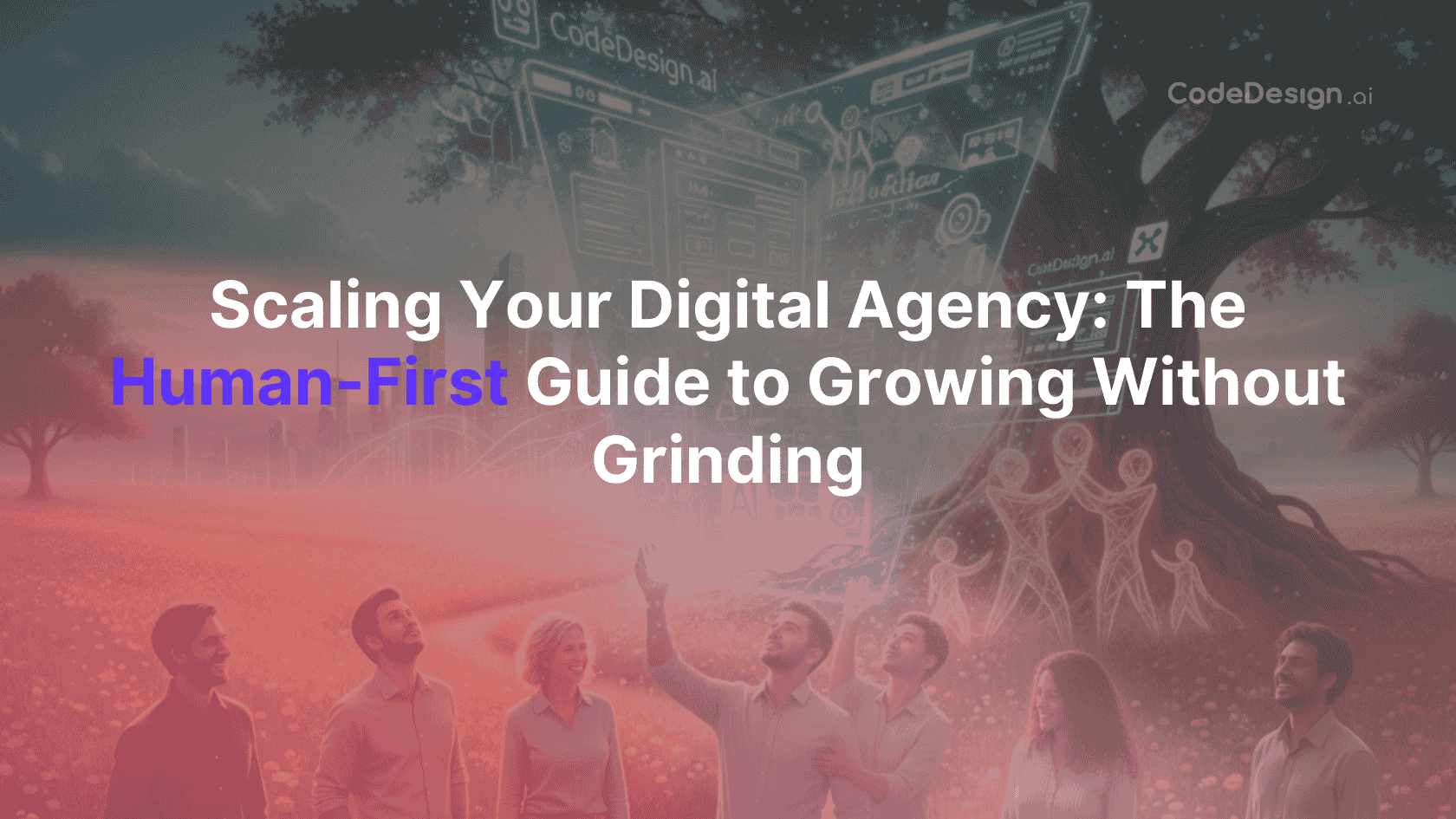Blueprint for Tomorrow: How America's Real Estate Titans Can Dominate the Digital Frontier
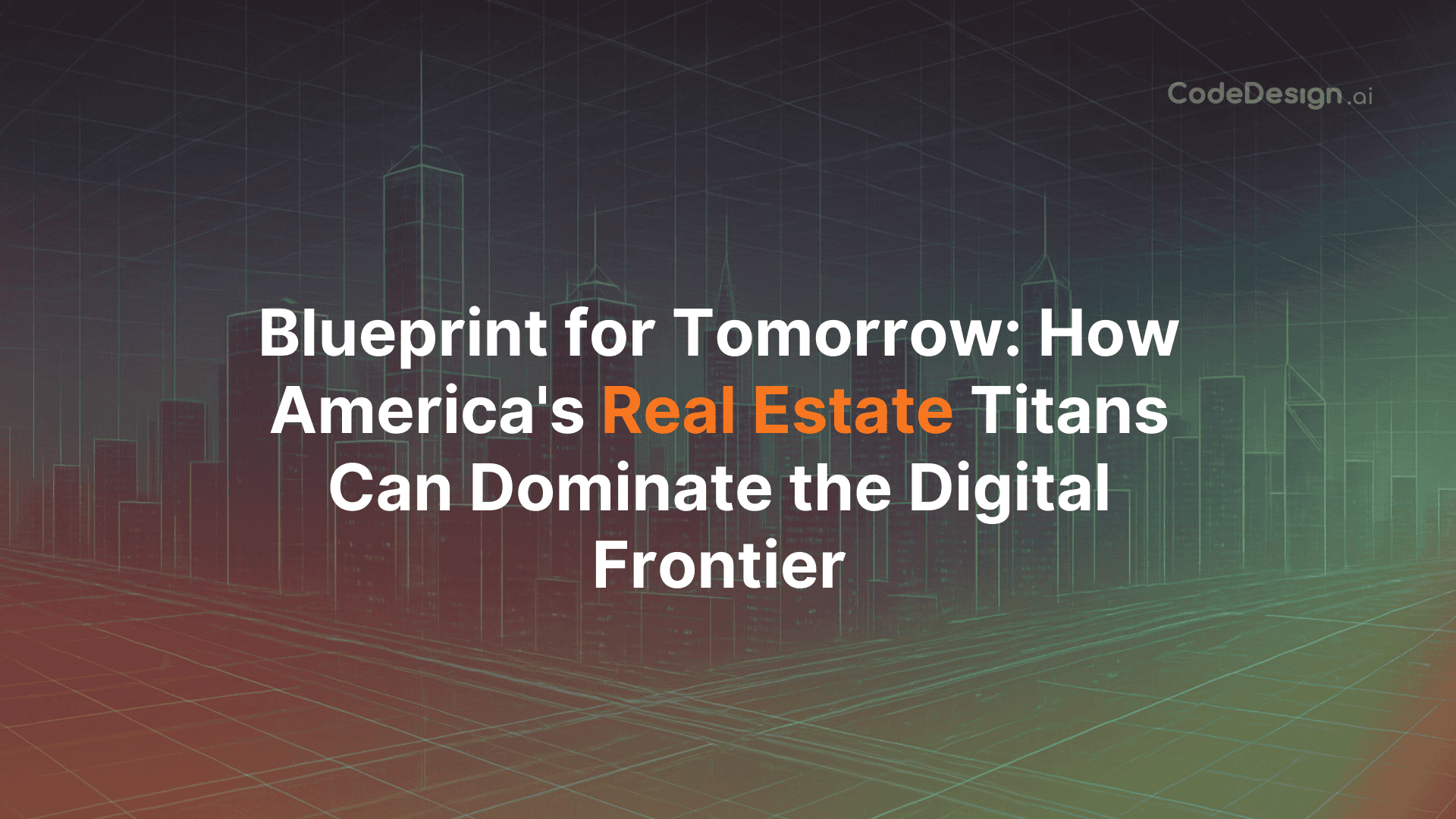
The American landscape is a story written in steel, glass, and timber. From the sprawling suburban communities that cradle families to the towering commercial hubs that power the economy, real estate developers are the authors of our physical world. In this high-stakes industry, success has long been measured by the square foot, the quality of construction, and the prime location. But a seismic shift is underway. The next chapter of real estate development will not be written on drafting tables alone, but in lines of code and streams of data.
The titans of the industry—the household names that build our cities and homes—have perfected the art of large-scale construction. Yet, they face a modern paradox: their physical operations are incredibly sophisticated, while their digital processes often lag behind, relying on a patchwork of disconnected software, slow-moving IT departments, and expensive third-party agencies. This digital friction creates delays, stifles innovation, and misses crucial opportunities for customer engagement. This is where the power of a modern ai website generator comes into play.
Today, we'll explore the monumental achievements of some of America's top real estate developers and uncover how a revolutionary platform like CodeDesign.ai can provide them with the ultimate toolset to build their digital future as masterfully as they've built our physical present.
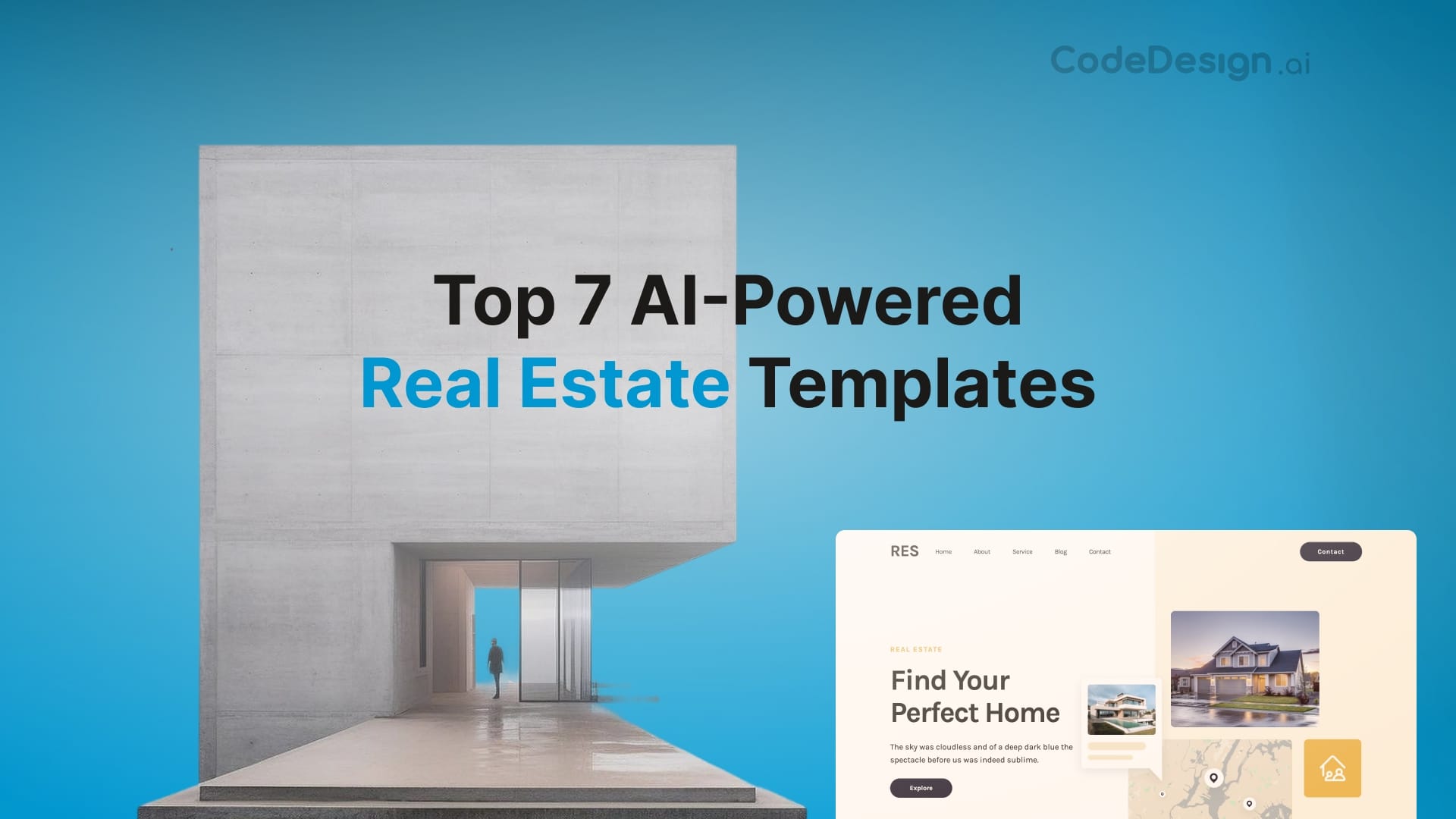
The Masters of the Physical Realm

To understand the opportunity, we must first appreciate the scale and complexity at which these leaders operate. Their success provides the context for the digital challenges they face.
Lennar Corporation: The Art of Simplified Scale
As one of the nation's most prolific homebuilders, Miami-based Lennar Corporation has built a formidable reputation on a simple yet powerful idea: simplification. Their signature "Everything's Included®" philosophy revolutionized the homebuying experience by bundling high-end features like smart home technology and energy-efficient appliances into the base price of their homes. This approach removes the paradox of choice for buyers and streamlines their own construction process, allowing for incredible efficiency at scale. Lennar is not just a builder of single-family homes; they are a diversified powerhouse with significant investments in multifamily rental communities (through their LMV platform) and a venture arm that invests in real estate technology.
- The Digital Challenge: For a company managing hundreds of unique communities nationwide, each with its own character, floor plans, and pricing, marketing is a monumental task. Each community needs its own digital storefront—a compelling, accurate, and easily updatable website. The traditional process of briefing an agency, waiting for mockups, and enduring a lengthy development cycle for each site is a significant bottleneck, especially when launching new phases or running short-term promotions. How can they deploy unique, high-quality marketing sites with the speed and efficiency of an ai website generator?
D.R. Horton: America's Builder by Volume
If there's a name synonymous with sheer volume and market reach, it's D.R. Horton. Headquartered in Texas, they consistently hold the top spot for the number of homes closed annually in the United States. Their genius lies in a decentralized, multi-brand strategy. With brands like D.R. Horton, Emerald Homes, and Freedom Homes, they cater to every segment of the market, from the first-time buyer to the luxury enthusiast and the active adult. This model allows them to penetrate diverse geographic markets effectively, adapting their product to local demands while leveraging their immense purchasing power and operational expertise.
- The Digital Challenge: D.R. Horton's strength—its vast, decentralized network of divisions and sales agents—is also an operational complexity. Ensuring brand consistency, distributing up-to-date marketing materials, and tracking sales performance across thousands of agents and hundreds of subdivisions requires a robust internal infrastructure. Off-the-shelf CRM or project management software often fails to capture the specific nuances of their business model. They need custom internal applications—agent portals, land acquisition trackers, and construction dashboards—that can be developed and modified quickly without pulling resources from a perpetually busy central IT department.
Simon Property Group: The Reimagination of Retail
In the commercial sector, Simon Property Group stands as a global leader in the ownership of premier shopping, dining, and mixed-use destinations. As the largest shopping mall operator in the US, Simon has faced the "retail apocalypse" head-on not by retreating, but by innovating. They are transforming their properties from simple shopping centers into vibrant, integrated community hubs. This includes adding hotels, residential units, and dynamic entertainment venues to create a "live-work-play" ecosystem that draws in visitors for experiences, not just transactions. Their focus is on curation, tenant mix, and creating an unparalleled physical environment.
- The Digital Challenge: Simon's business is twofold: attracting shoppers to their properties and serving their tenants (the retailers). Each of their 200+ properties needs a unique digital presence that reflects its local flavor and tenant mix. Furthermore, to enhance the tenant experience and streamline property management, they need efficient digital tools. How can they provide a B2B portal for tenants to manage leases, participate in co-op marketing campaigns, and submit service requests, all while creating B2C digital experiences that drive foot traffic and engage consumers beyond the walls of the mall?
The Digital Blueprint: Building with CodeDesign.ai
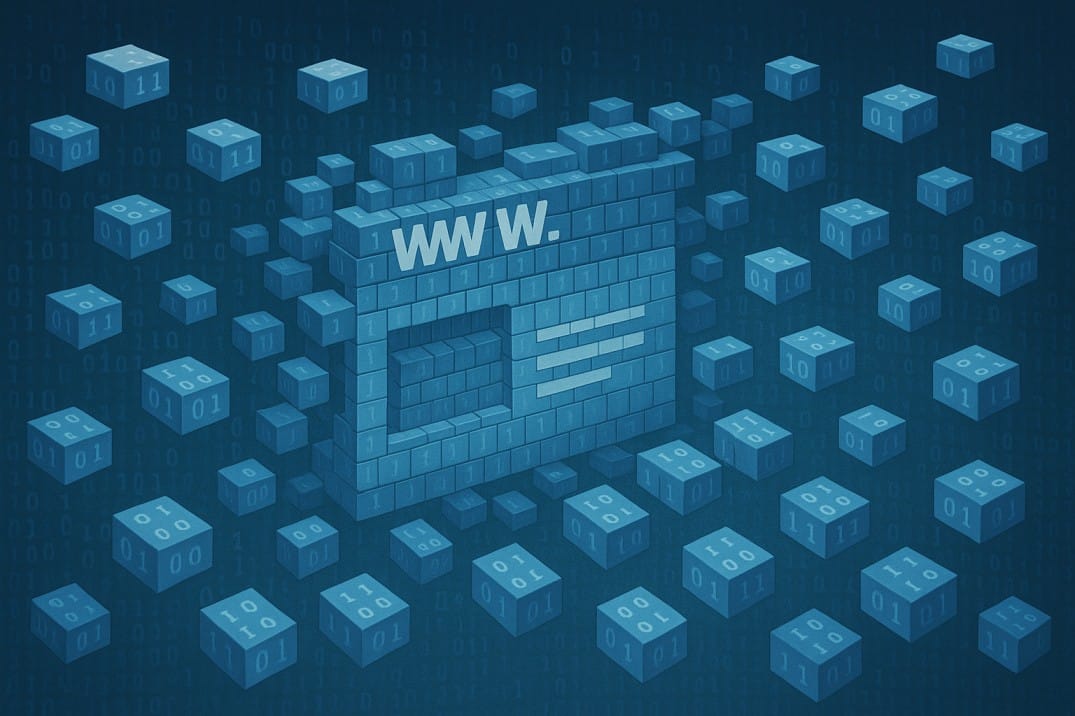
The challenges faced by these titans—speed-to-market, operational efficiency, and customer experience—are precisely what CodeDesign.ai, a leading ai website generator, is designed to solve. No-code doesn't mean "no power"; it means "no barriers." It empowers the people who best understand the business problems—the marketers, project managers, and operations leads—to build the exact digital solutions they need, visually.
Here’s a deeper look at how developers can leverage CodeDesign.ai to build a decisive competitive advantage.
1. Hyper-Agile Marketing & Sales Enablement
Real estate is project-based, and marketing needs to be just as agile. Instead of a one-size-fits-all corporate site, developers can use a flexible ai website generator to create a portfolio of dynamic digital assets.
- Instant Project Microsites: Spin up a beautiful, fully functional website for a new community in a single afternoon. Integrate interactive site plans where users can click a lot to see its status (Available, Reserved, Sold), view floor plans, and take 3D virtual tours.
- A/B Testing for Lead Generation: Quickly create multiple versions of a landing page with different headlines, images, or calls-to-action to see what drives the most qualified leads. This data-driven approach optimizes marketing spend and shortens the sales cycle. This rapid, data-driven approach is a hallmark of a sophisticated ai website generator.
- Event & Promotion Pages: Launching a weekend sales event or a new phase release? A marketing manager can build and publish a dedicated page in hours, complete with registration forms and countdown timers, without ever filing an IT ticket.
2. Streamlining Complex Internal Operations
The most significant gains often come from improving the internal machinery of the business. The beauty of a platform like this is that it's more than just a public-facing site builder; a versatile ai website generator can be used to construct the custom internal dashboards and portals that drive efficiency.
- Unified Construction Dashboards: Create a central dashboard that pulls data from various sources (like Procore for project management, a CRM for sales, and an ERP for financials). This gives executives a real-time, 360-degree view of the entire development lifecycle, from land acquisition to final sale.
- Subcontractor & Vendor Portals: Build a secure portal where subcontractors can view project specifications, submit bids, upload compliance documents, and track payment schedules. This automates a traditionally paper-heavy process, reducing errors and saving countless administrative hours.
- Land Acquisition & Feasibility Calculators: Empower land acquisition teams with a custom internal tool. They can input data for a potential parcel—zoning laws, development costs, market comparables—and the app can instantly generate a feasibility report, allowing for faster and more informed decision-making.
3. Revolutionizing the Customer & Tenant Journey
The relationship with a buyer or tenant doesn't end when the contract is signed. CodeDesign.ai enables the creation of world-class digital experiences that foster loyalty and satisfaction.
- The Modern Homebuyer Portal: For builders like Lennar and D.R. Horton, imagine offering every buyer access to a personalized portal. Here, they could watch their home being built via weekly photo uploads, access and digitally sign all their documents, connect with their construction manager, and find a curated list of recommended local services for their move-in day.
- The Connected Tenant Hub: For a commercial giant like Simon, a sophisticated tenant portal could be a game-changer. Retailers could not only pay rent but also access property-wide foot traffic analytics, opt into mall-wide promotional events, collaborate with other tenants on marketing, and book common area spaces, all from a single, intuitive interface.
The Foundation for the Future

The leaders of the real estate industry became leaders by mastering the physical world—by understanding land, materials, and labor better than anyone else. To remain leaders, they must now achieve the same level of mastery over the digital world. Embracing tools like a powerful ai website generator is no longer an option, but a strategic necessity.
The choice is no longer between expensive, slow custom development and inflexible off-the-shelf software. No-code platforms like CodeDesign.ai represent a third way: a path of empowerment, speed, and bespoke innovation. It allows the brightest minds in real estate to build the tools they've always needed, precisely when they need them.
By embracing this digital blueprint, the titans of today will not only continue to build our cities but will also architect the very future of how we live, work, and connect within them.
Ready to lay the first digital brick? Explore how CodeDesign.ai can help you build your next project, faster and smarter than ever before.
Frequently Asked Questions (FAQs)
1. What is an AI website generator, and how is it different from a traditional website builder?
An AI website generator, like CodeDesign.ai, is a more advanced platform that uses artificial intelligence to accelerate the web development process. While traditional builders provide templates, an ai website maker often goes further by helping to generate layouts, content, and even complex functionalities. The key difference is that platforms like CodeDesign.ai are not just for building simple, static websites; they are powerful enough to create complex web applications, custom internal dashboards, and customer portals with full database and logic capabilities, all without writing code.
2. The blog focuses on major developers. Can a smaller real estate agency or boutique builder also benefit from CodeDesign.ai?
Absolutely. While the blog uses titans as examples to illustrate scale, the benefits of speed, cost-efficiency, and control are even more critical for smaller businesses. A boutique builder can use an ai website maker to create a professional, high-end website for a new project in a fraction of the time and cost of hiring an agency. This levels the playing field, allowing smaller firms to deploy the same sophisticated digital marketing tools and operational applications as their larger competitors.
3. Can an AI website generator really build complex internal tools beyond just marketing websites?
This is one of the most significant advantages. A powerful no-code ai website maker like CodeDesign.ai includes features for database management, user authentication, and visual logic building. This means you can create secure, data-driven applications. For example, you could build an internal portal for your agents to track their commissions, a dashboard to monitor construction progress by pulling data from other sources, or a custom CRM to manage client relationships—all tailored perfectly to your specific business processes.
4. Do we need to have developers or designers on our team to use a platform like CodeDesign.ai?
No, and that is the core benefit. These platforms are designed specifically to empower non-technical users. Marketing managers, project coordinators, and operations staff can use the intuitive, drag-and-drop visual interface to build and launch fully functional websites and applications. This democratizes development, allowing the people who understand the business needs to create their own solutions without having to rely on a backlogged IT department or external developers.
5. What is the primary business advantage for a real estate developer to adopt a no-code AI website generator right now?
The primary advantage is speed-to-market. In real estate, timing is everything. The ability to launch a marketing campaign and a full-featured website for a new community in days instead of months is a massive competitive edge. This speed directly translates into faster pre-sales, quicker lead generation, and a more agile response to market changes. Coupled with significant cost savings on development and the ability to create superior, custom digital experiences for customers, adopting this technology is a crucial step for staying competitive in the modern market.



